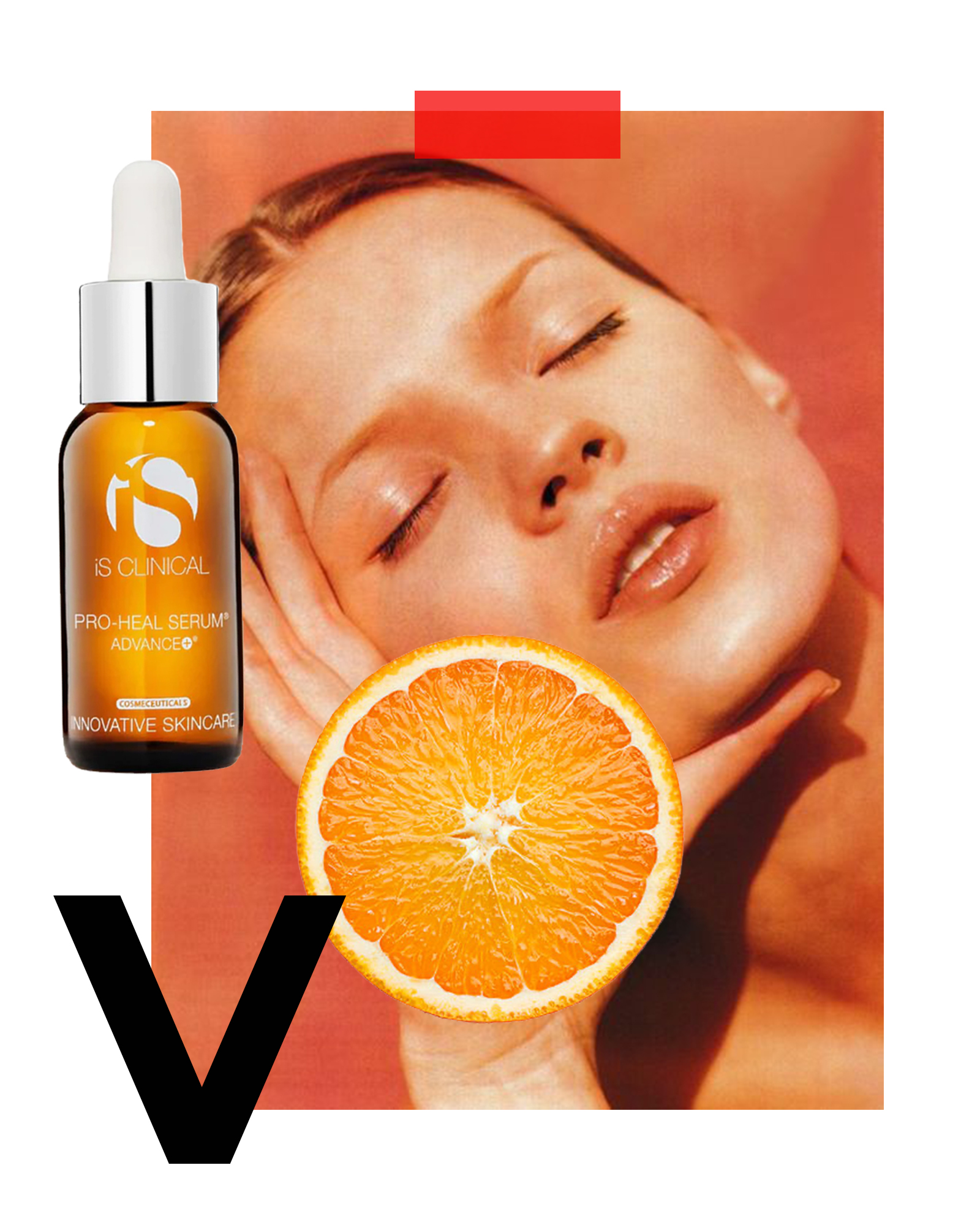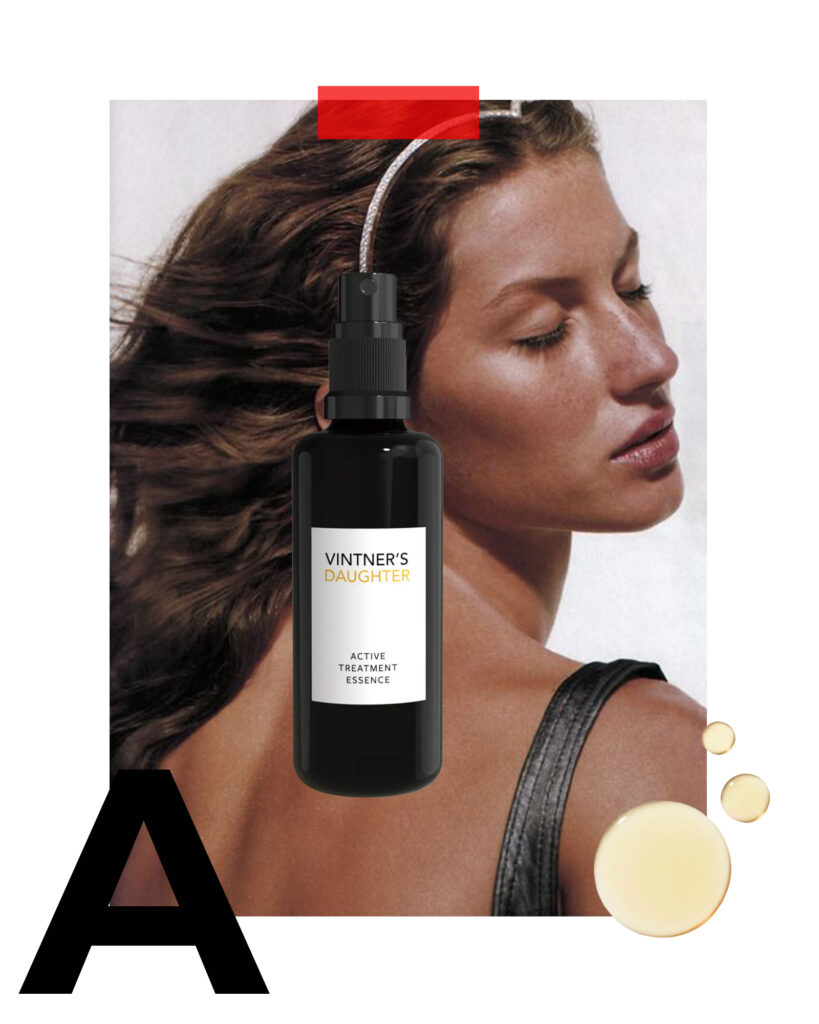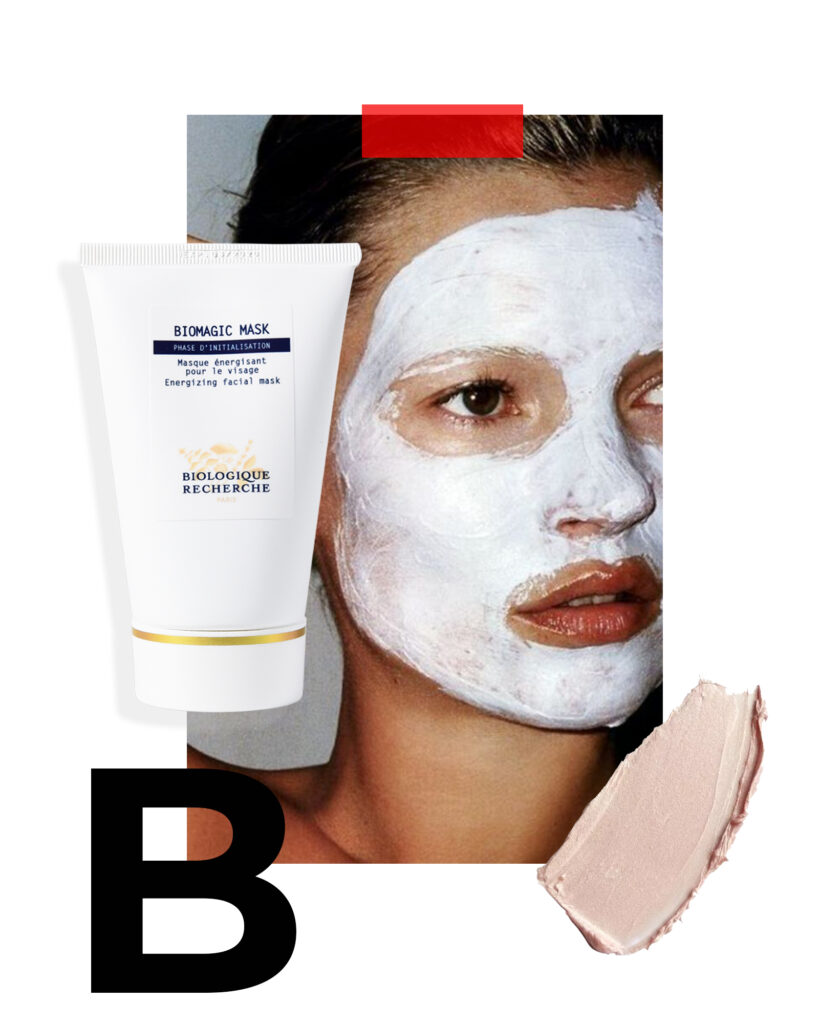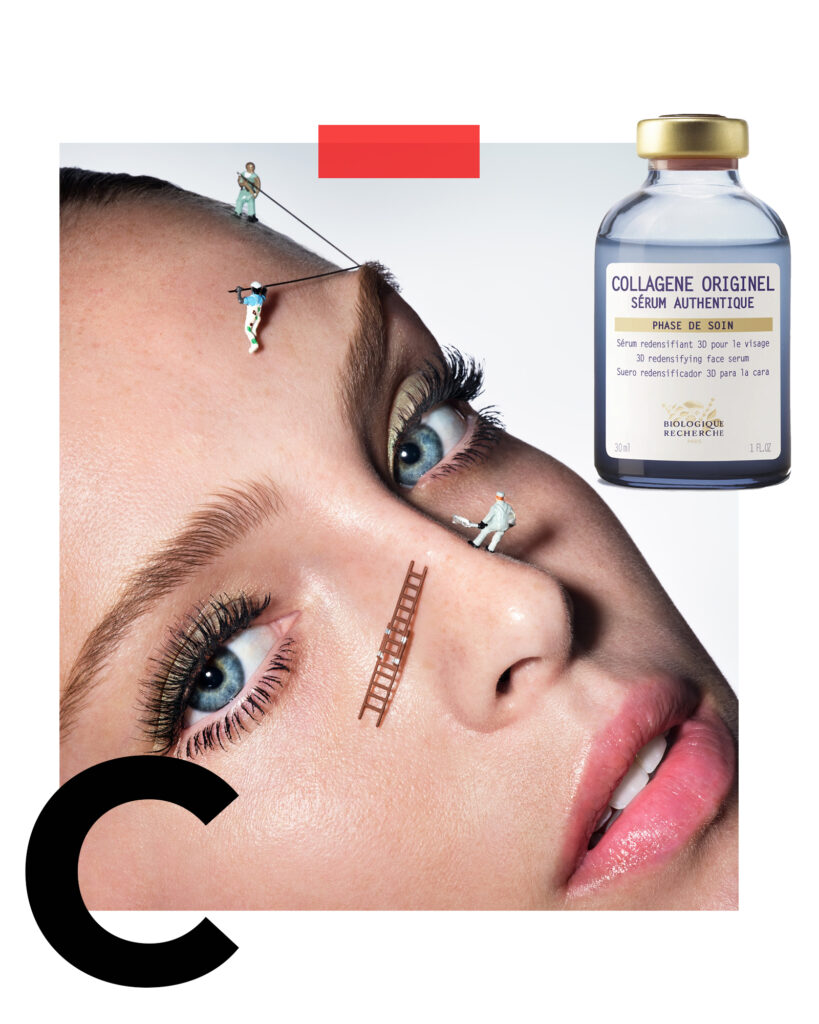Vitamin C
WHAT IT DOES:
Vitamin C is one of the most popular and impressive ingredients in skincare. And for good reason, Vitamin C is perhaps the most effective vitamin in fighting against free radical damage while also brightening, treating sun damage and strengthening collagen production. It works to improve the overall texture of the skin, and when combined with other key ingredients can be a gamechanger in a morning routine.
HOW IT WORKS:
A powerful antioxidant, Vitamin C is a hero in destroying free radicals and working to improve any leftover damage. It inhibits melanin production, making it effective against pigmentation and the overall lustre of the skin. When combined with other carriers such as ferulic acid or Vitamin E, Vitamin C’s impressive properties can be supercharged.
MG SAYS:
Vitamin C can be great to use under sunscreen as research has shown that it boosts sunscreen’s efficacy by defending skin from free radicals produced by sun exposure. The skin can be more sensitive when using Vitamin C as the new skin cells have not been exposed to sunlight, so be sure to always wear an SPF in conjunction.
Vitamin E
WHAT IT DOES:
A much-loved skincare stalwart, Vitamin E is a naturally derived, potent substance that works to supercharge other antioxidants, accelerating their results and efficacy. Vitamin E is best known for its ultra-nourishing, ultra-hydrating properties and is great for soothing and rejuvenating the skin. It’s also a potent anti-ageing ingredient, enhancing the protective functions of the skin to withstand free radical damage while decreasing the appearance of fine lines, wrinkles and scars by ensuring cells remain hydrated and supple.
HOW IT WORKS:
Thanks to its antioxidant properties, Vitamin E helps fight off free radicals and prevent further damage by increasing anti-inflammatory support systems. Its efficient hydrating mechanisms leave the skin’s barrier plump and firm, arming it with ample hydration.
MG SAYS:
Naturally present in the skin but depleted with age and sun exposure, topical application of vitamin E can have many benefits. As an antioxidant, it can fight free radicals and offer substantial anti-inflammatory support. It can also keep skin hydrated by strengthening the skin’s natural barrier and therefore reducing water loss.
Vitamin F
WHAT IT DOES:
Vitamin F is composed of polyunsaturated fatty acids (including linoleic acid, arachidonic acid and vaccenic acid). As it’s liposoluble, Vitamin F helps cells in the epidermis to retain water content and prevent water from escaping through evaporation. Vitamin F is essential to the lipid barrier that lies on top of the epidermis, which improves the skin’s resistance to external aggressions.
HOW IT WORKS:
When applied topically, Vitamin F supplies skin with a collection of omega fatty acids which are wonderful for the skin’s barrier function. As a carrier oil, Vitamin F facilitates the functions of other active ingredients, making them even stronger and allowing for proper penetration of actives and acids.
MG SAYS:
People wax lyrical about oils such as rosehip, chia and argan for good reason – mainly because they contain Vitamin F – a carrier oil that can deeply penetrate the skin’s surface and take other ingredients with it.





